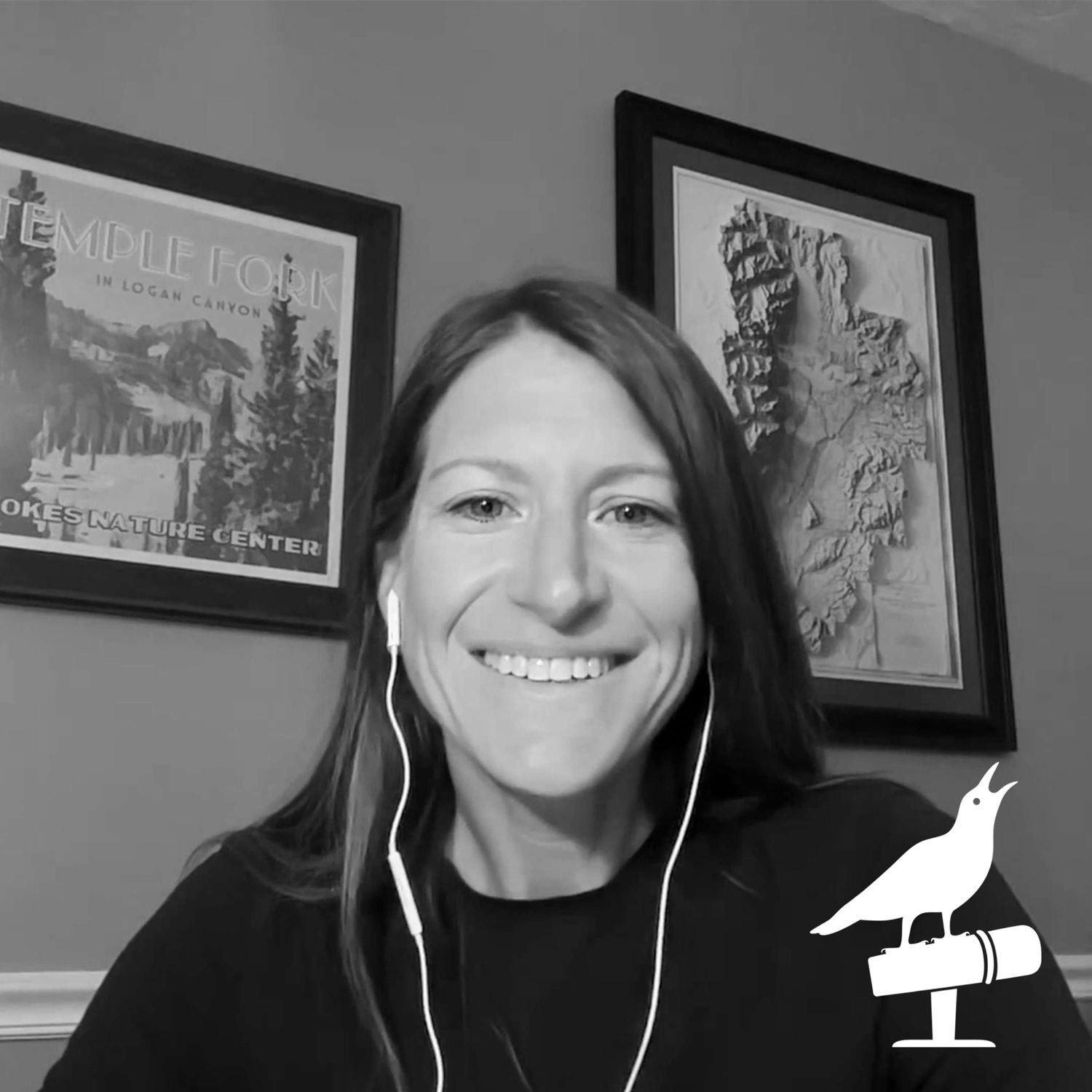Kristi is a writer and mom with a unique perspective on the world. We first met when I was the director of Millennial Engagement for Monsanto. She was working for a dairy checkoff program while also being a dietitian and college professor. Kristi has always been supportive and inspirational, helping many, including myself, to push the envelope and take our careers to new heights. She recently left her job to explore new opportunities and started a Substack called "Noticing," which is a must-read for anyone interested in bits of wisdom about parenting, relationships, and being present in the moment.
In this interview, we delve into Kristi's journey, her insights on life, and the pearls of wisdom she's gathered over the years. From her experiences in agriculture to her support during my transition to entrepreneurship, Kristi's story is filled with valuable lessons and inspiration. Whether you're looking for advice on raising children, maintaining a good relationship with your spouse, or simply being more mindful, this conversation offers something unique and impactful. Tune in to hear Kristi's story and gain a fresh perspective on navigating life's challenges.
Timestamps:
0:00 - Intro
6:17 - Where does Kristi come from?
13:41 - Can you give a young person perspective?
23:47 - How to properly apologize
33:39 - Being "in it" as a parent
38:35 - Presence vs fear of nostalgia
44:54 - Polychronic vs monochronic time
53:28 - Teaching your kids empathy
1:01:28 - The biggest challenge with diets
1:15:49 - Adding molecules to our food
1:21:15 - Where to find Kristi
Kristi's Substack - https://substack.com/@kristispence
Kristi's LinkedIn: https://www.linkedin.com/in/kristispence/
Connect with us!
=============================
IG: ➡︎ / legacy_interviews
===========================
How To Work With Us:
===========================
Want to do a Legacy Interview for you or a loved one?
Book a Legacy Interview | https://legacyinterviews.com/ —
A Legacy Interview is a two-hour recorded interview with you and a host that can be watched now and viewed in the future. It is a recording of what you experienced, the lessons you learned and the family values you want passed down. We will interview you or a loved one, capturing the sound of their voice, wisdom and a sense of who they are. These recorded conversations will be private, reserved only for the people that you want to share it with.
#Vancecrowepodcast #legacyinterviews





